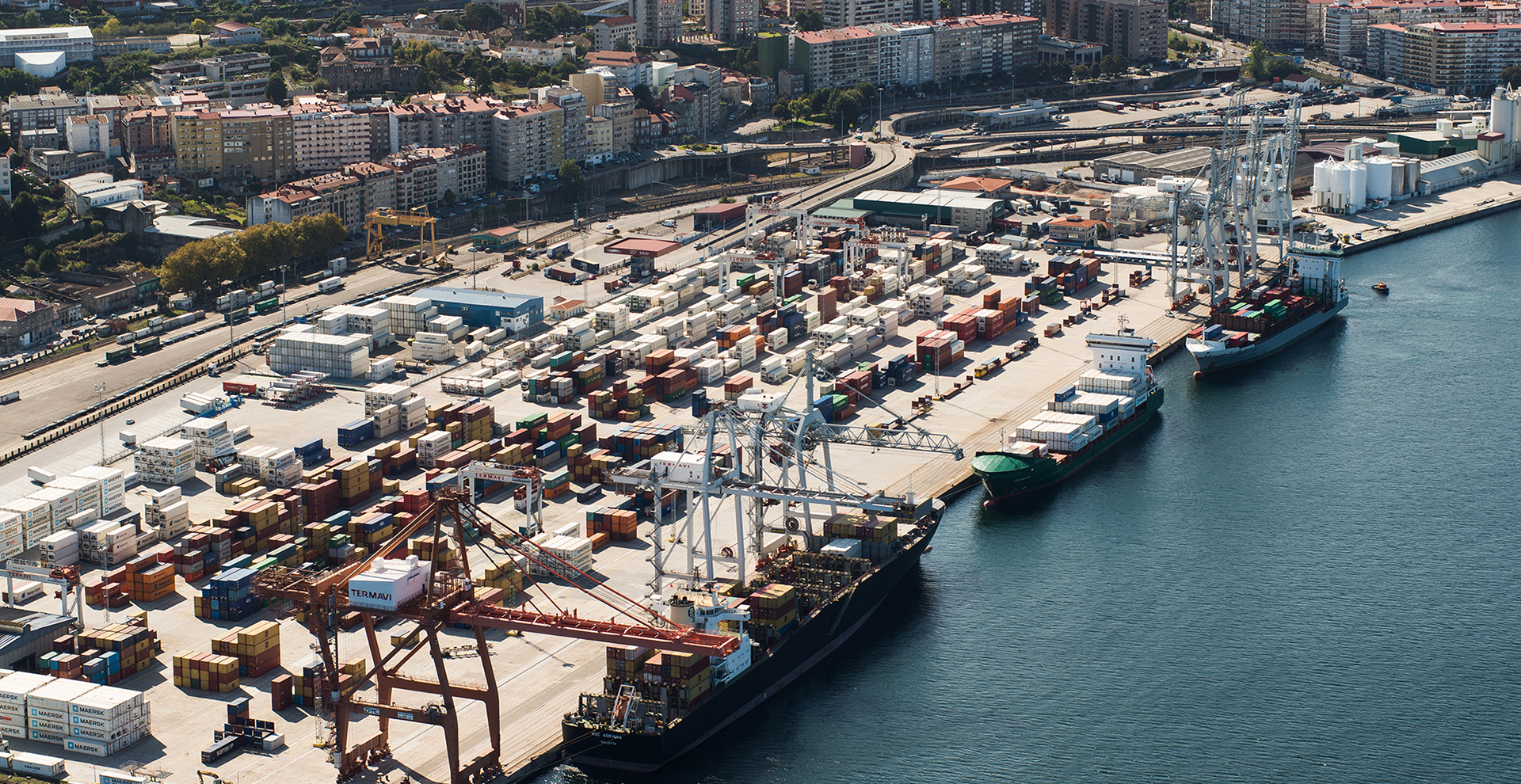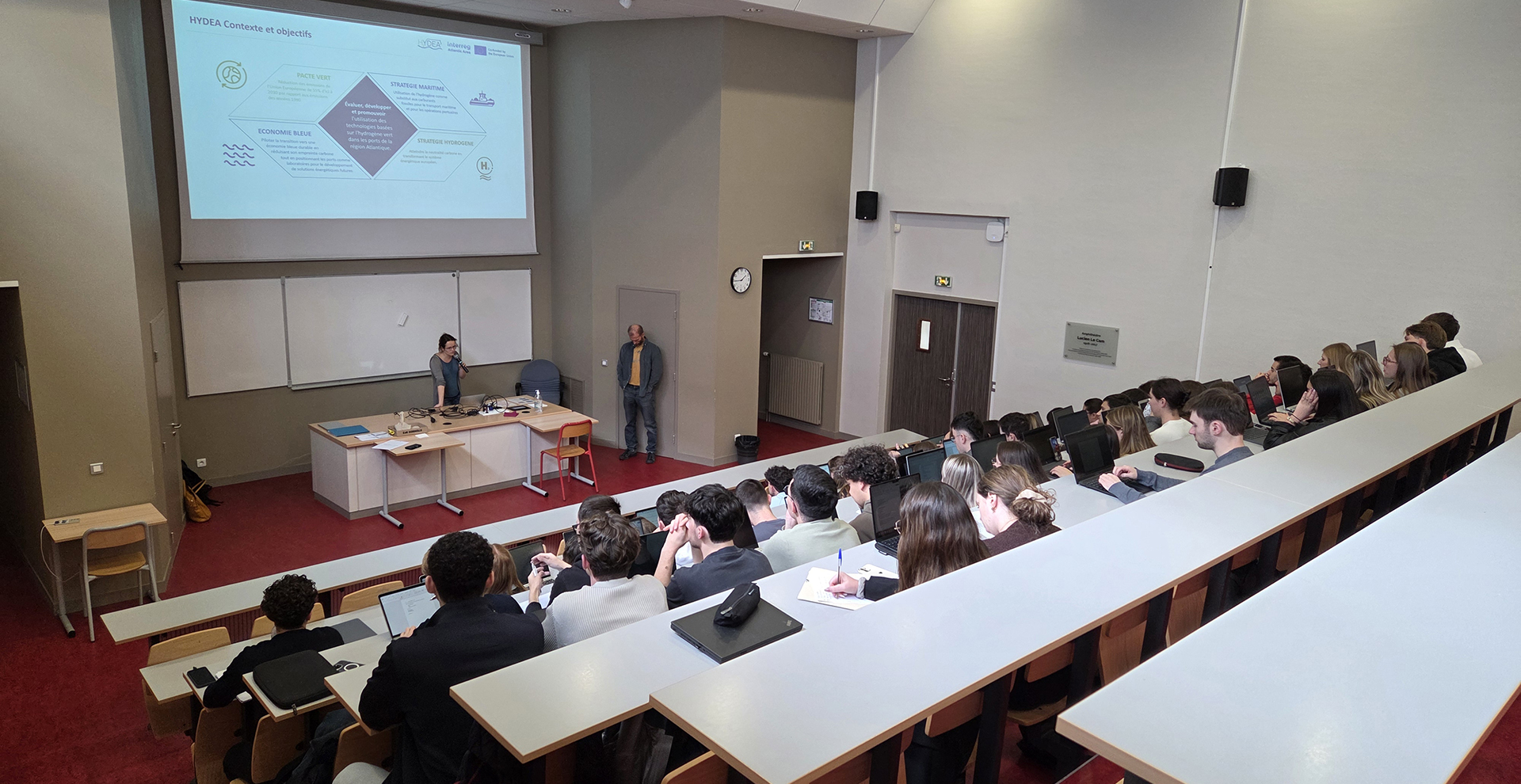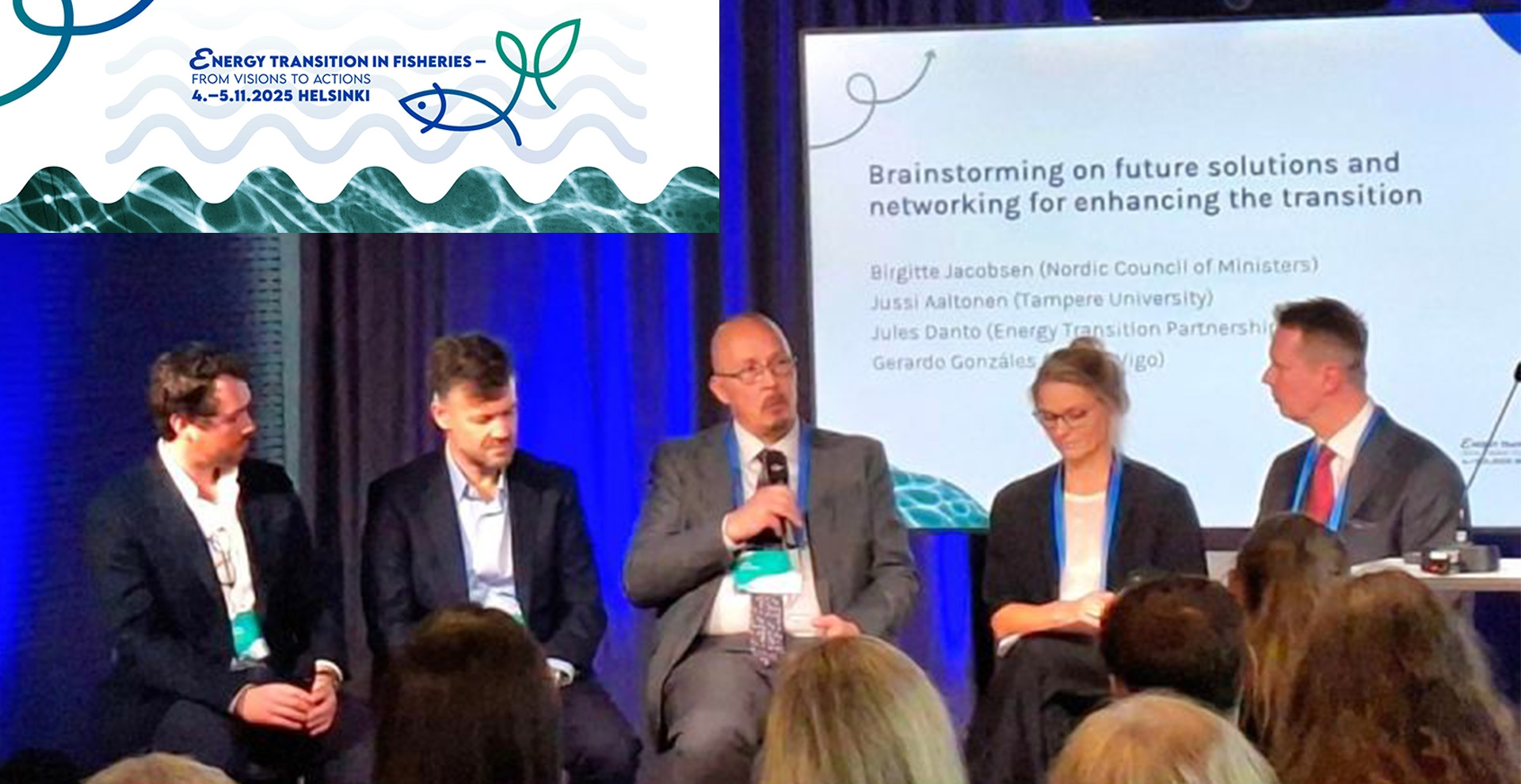This report summarizes the critical bottlenecks and considerations to enable the implementation of hydrogen-based infrastructures in ports in each participating region. It involves the identification of the considerations at different levels (technical, economic, social, regulatory). The information is based on literature review, expert knowledge from the partners and external experts, and the previous findings of this project.
It is known that the main barriers that prevent the deployment of renewable hydrogen are the cost of its generation, this being a purely technical aspect and that it depends on the advances made by the scientific community to control the electrolysis processes. There are also technical limitations in hydrogen transformation into a raw material/energy vector suitable for final uses and its integration into the industrial processes of consumers. Also, a lack of an existing clean hydrogen value chain represents one of the main obstacles to overcome for the development of a low carbon hydrogen economy. Finally, the need for international hydrogen standards and regulations represents a major obstacle to the development of a global hydrogen market.
This report is based on the analysis of documents published by the main associations linked to hydrogen sector, as well as strategic research agendas, white books, and roadmaps worldwide, since it is known that the same barriers affect all territories equally, whether they are or not from the Atlantic Area. As there is no specific association, technology platform or cluster for the advancement of hydrogen in ports, the documents of relevant associations where renewable energies, transport (naval, land and rail), logistics, or hydrogen are represented were analysed.
Photo credit: Port of Vigo



